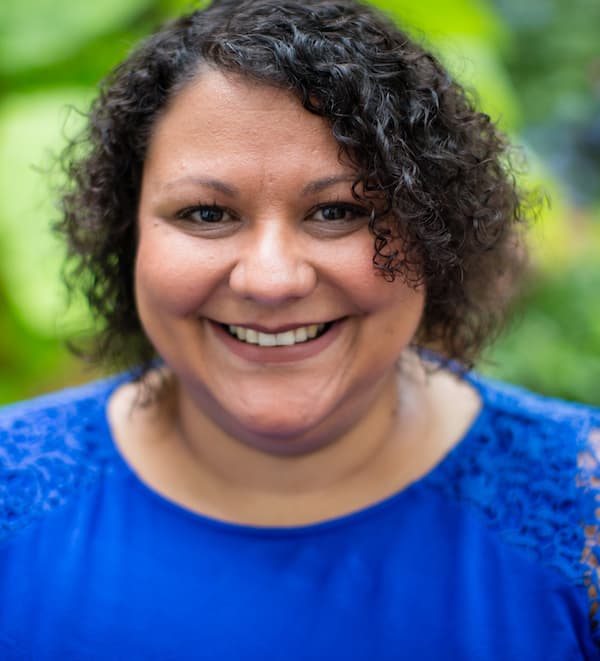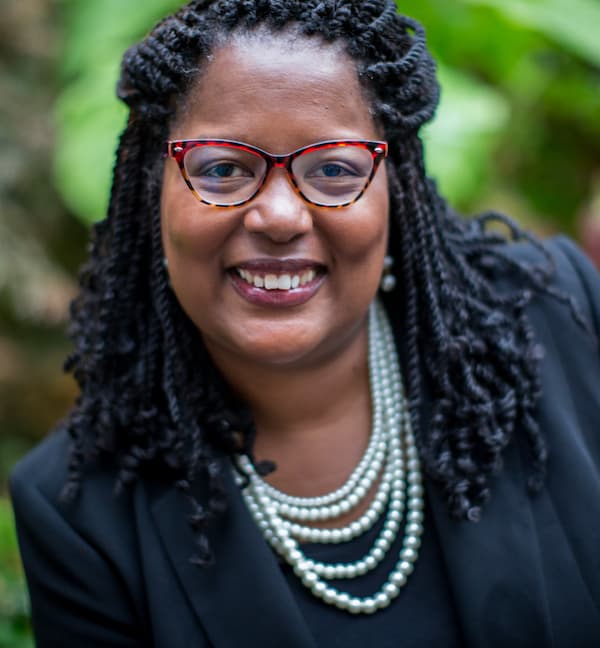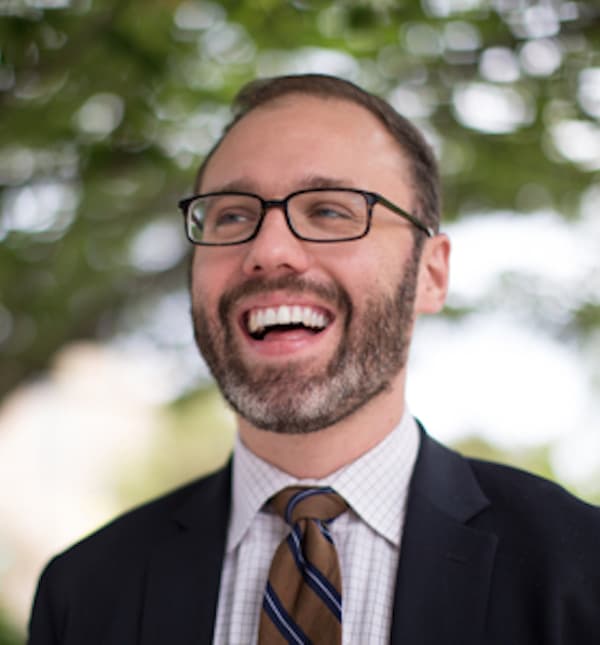The 2020-21 school year brings with it unprecedented levels of disruption and challenge and we salute the millions of educators nationwide that show up every day to do right by their students. We’d like to continue sharing a few of our hopes for the upcoming school year, along with resources you can take away to apply to your practice. This post is about mathematics instruction, following up on our last post about ELA.

Sonia Cintron: This school year I hope that we don’t get bogged down so much with content that we forget the social-emotional well-being of our students. I hope we remember the humanity within each student and reach out and give support when needed. It will be extra important this year that schools are safe, supportive, equitable environments that promote positive relationships with students.
Resource: Well-being and Connection Resources from CCSSO’s Restart & Recovery Guidelines

Rolanda Baldwin: I hope that teachers don’t let the technology drive the instruction but rather, let strong instructional practices drive the technology that is used. Many times math is seen as easier to teach in a virtual setting, perhaps because it is easy to push out worksheets. Let’s employ what we know to be “good teaching” and then find the technology and distance learning strategies to support it.
Resource: Instruction Partners’ Math Guidelines for Distance Learning Models

Steve Sebelski: I hope that teachers everywhere find a path to success each day by recognizing the essential knowledge or skills their students need and teaching it the best they can. If they’re able to identify that most important piece of learning and make sure that all of their students get it, everyone might just make it through this in one piece. Asking, “What’s highest-priority here?” is a best practice anyway, but it’s especially important when instruction comes with so many restrictions. With practice, this might even become a routine that carries over to when everyone is able to gather freely in a school building again. (My greatest hope, of course, is that this comes sooner than we all think.)
Resource: The UnboundEd Planning Process

Peter Coe: As we reimagine our teaching in new and challenging contexts this year, I hope we use this opportunity to revisit what we know about how students learn. There will be myriad reasons to revert to rote methods or to focus time on repetition of procedures. But we know that this is not learning. Learning is contextual and inherently social. Classrooms should be learner- and community-centered, in addition to knowledge- and assessment-centered. To the extent we can, we should figure out how to make our remote and hybrid settings embody these well-known principles of effective learning environments.
Resource: How People Learn
Our love and support to all educators during this unprecedented start to the school year. Drop us YOUR hopes and helpful resources on Facebook or Twitter using hashtag #HopeEd!
